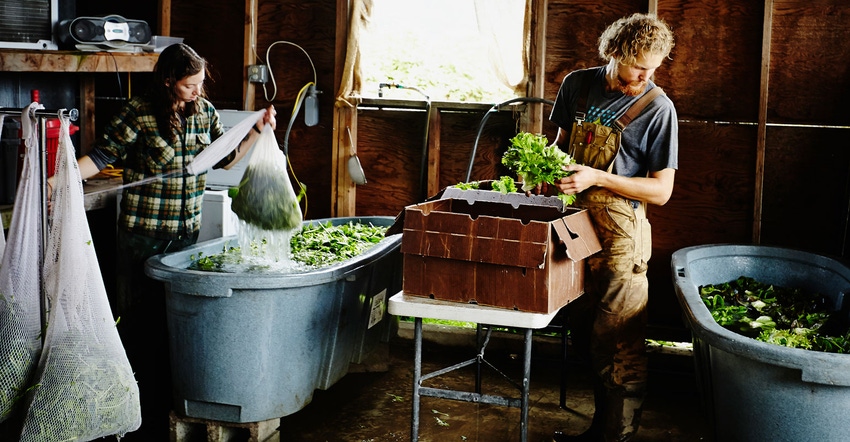September 16, 2022

Thomas DiNapoli, New York state comptroller, recently put out a report hailing the success and resilience of farms during the COVID-19 pandemic, which argued that farms and agribusinesses were more successful than businesses in other industries during that period.
To do so, the report examined the state of agriculture in New York from a bird’s-eye view, pointing to the success of large farms over the past several years, even as small and family farms have continued to struggle.
While we are still waiting for updated figures from these past few years to be reported, between 2010 and 2020, the value of total agricultural production among small family farms dropped significantly as compared to large farms, as did their share of land usage.
According to a New York Farm Bureau survey, during the pandemic farmers attested to having to dump milk, cut back milk and meat production, and endure losses equivalent to months’ worth of revenue — causing farmers in some cases to lay off 90% of their employees, sell off entire herds of dairy cattle and put plans for expansion on hold.
Given what we’re hearing from these farmers, we have no reason to believe this trend of small-farm decline has not continued.
Small farmers also felt the brunt of the impact of stoppages that occurred at meat and dairy processing facilities. While demand for meat products actually increased during the COVID-19 pandemic, many of the small and very small USDA slaughterhouses these small family farms rely on were forced to close down because of an outbreak.
While the circumstances of the COVID-19 pandemic were unique, they brought an issue to light that is not new: the lack of available of meat and dairy processing to small family farmers in New York state. This has worn on the industry for decades and needs to be addressed both by incentivizing the opening of new processing facilities and by expanding agricultural education to help encourage more young people to enter the industry.
I’ve introduced legislation that would address both issues, and I cannot overstate how much increased processing capabilities would help our state’s small farmers.
Based on what we’ve heard from the owners of small farms, these past few years have not been easy. When New Yorkers think of farming and agriculture, they aren’t thinking about large industrial farms. They think of small family farms they see at farmers markets. The comptroller’s report is incredibly misleading and obscures the real threats facing small family farms.
As we’ve seen farmer success diminish in recent years, they now face a tremendous threat in the reduction of the farm laborer overtime threshold. Forcing farmers to cut their hours will only drive the ag industry toward the production of crops that are less laborious to produce. This will only hasten the rise of large farms that can afford to invest in heavy, automated equipment, and will further lead to the decline of small farms.
Things are not as rosy for agriculture as this report would let on, and it’s time that we get frank about the impact reducing the farm laborer overtime threshold will have on family farms that have been in our communities for generations.
Tague, a Republican, represents the 102nd state assembly district of New York state, which includes Greene and Schoharie counties, and parts of Albany, Columbia, Otsego, Delaware and Ulster counties.
You May Also Like




